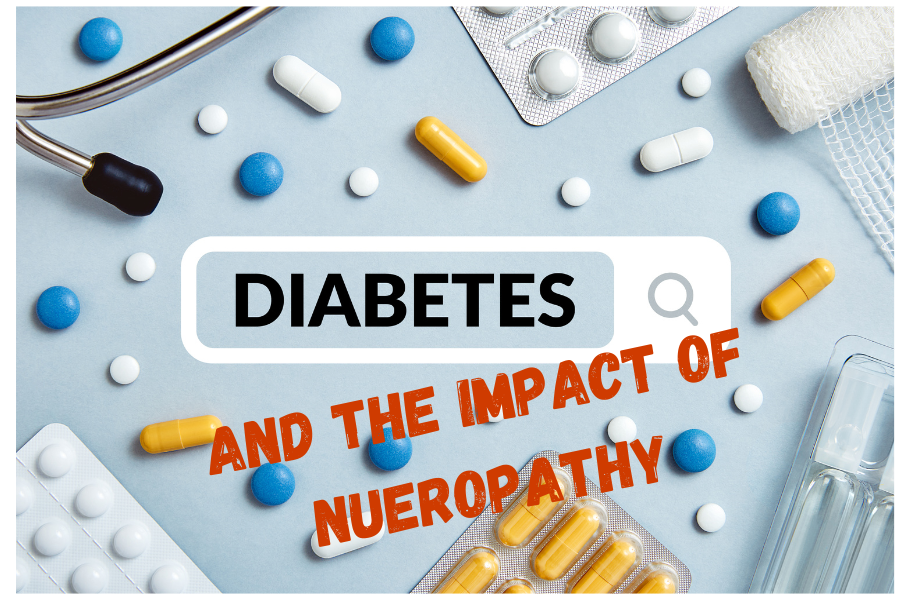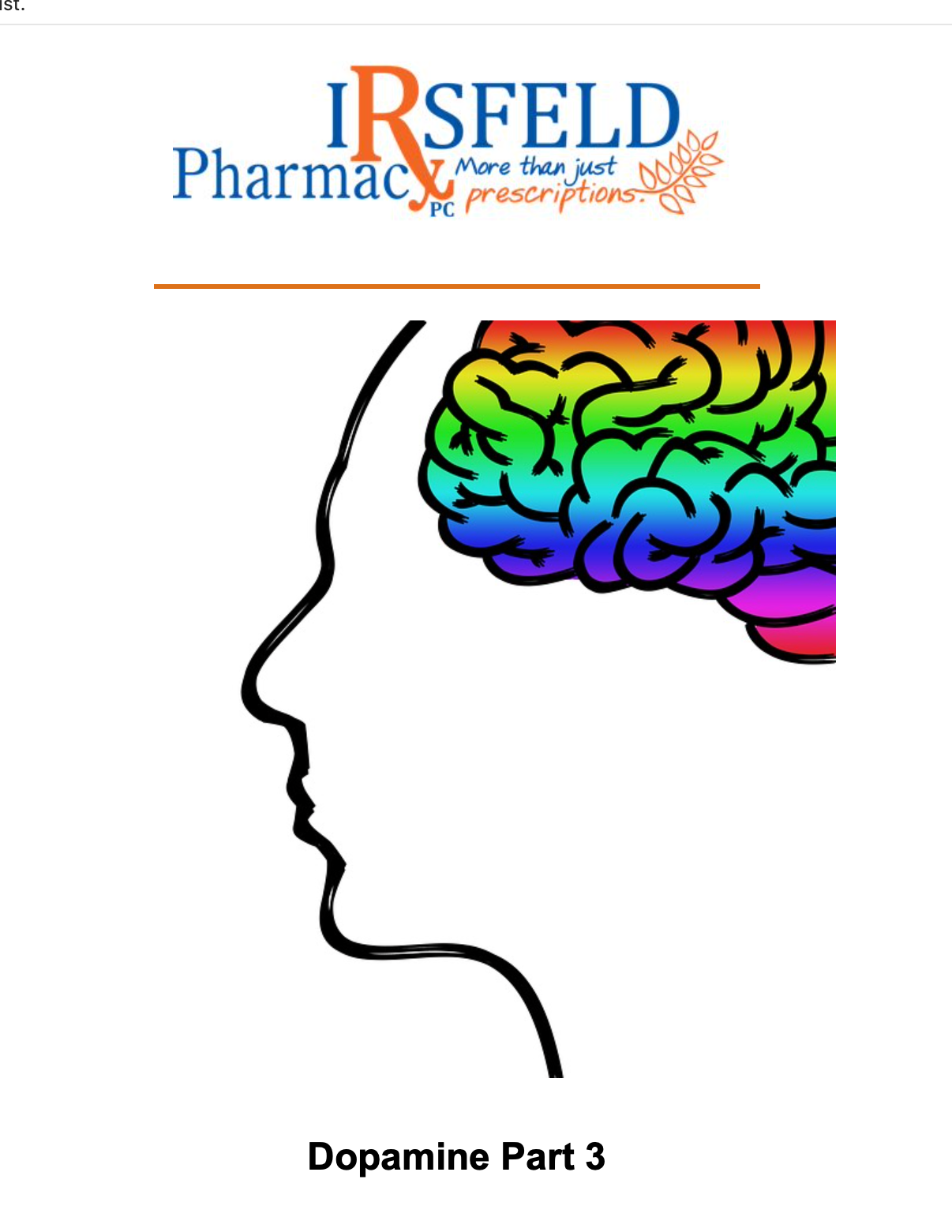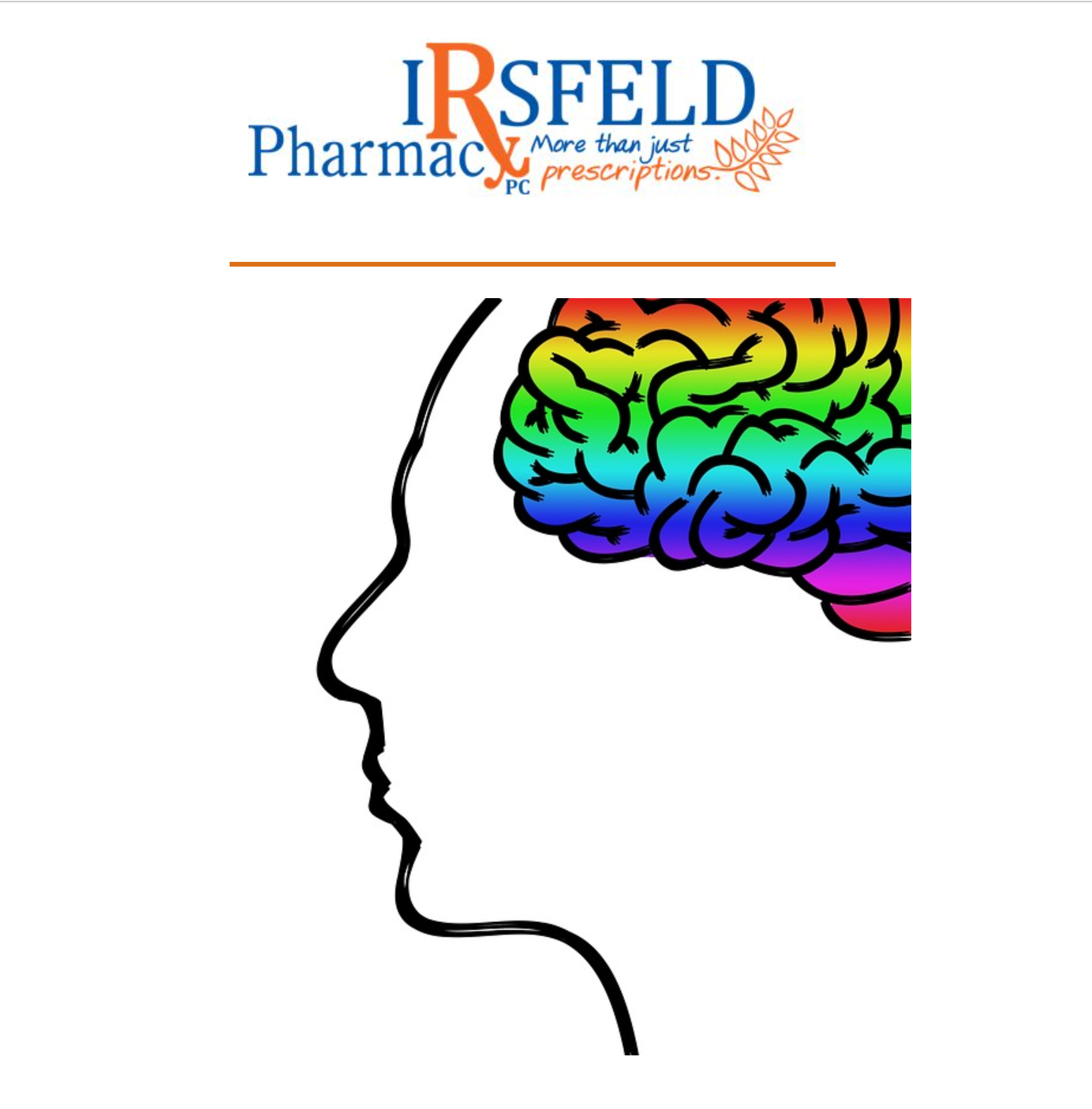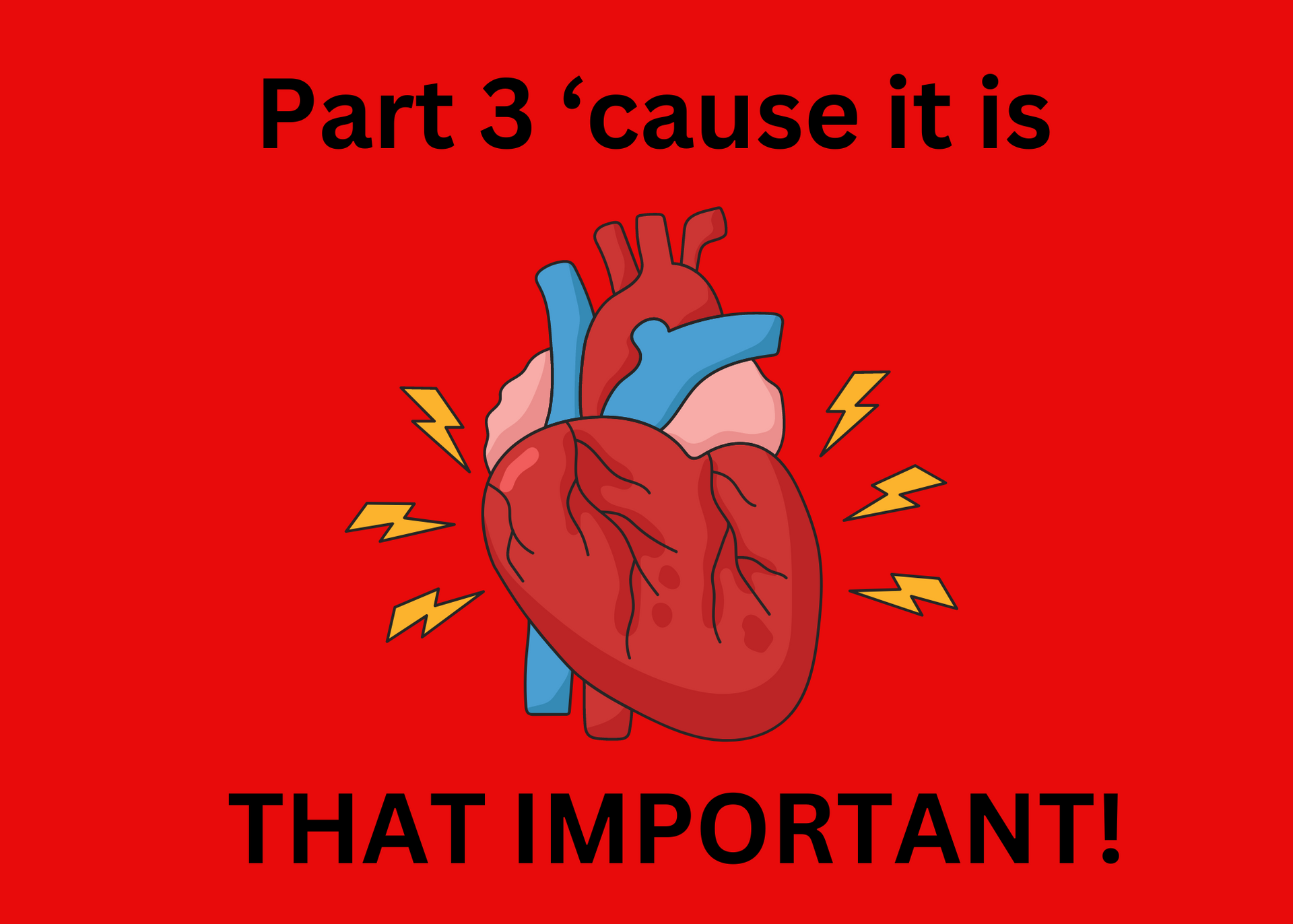I wrote an article on this topic several years ago but would like to revisit the topic because it is extremely important and often times overlooked. We take medications to help fight disease and conditions that ravage our bodies. In some instances, we readily treat nutrient depletions because they are quite obvious and life threatening. One such instance is the use of diuretic medications. These drugs pull water off of our body and in the process pull out electrolytes, the main one being potassium. A low potassium level can affect the functioning of the heart and if not corrected could lead to death.
The loss of potassium is an extreme example of what can happen with a drug induced nutrient depletion. Many other medications can also deplete nutrients from your system and
Unfortunately, diuretics are not the only medications that can cause drug induced nutrient depletion (DIND). A class of compounds called statins is famous for depleting the body of coenzyme Q10 (CoQ10), which can cause muscle aches and other troublesome side effects. CoQ10 is required for the conversion of carbohydrates to ATP, which is energy and it happens in the mitochondria of our cells. It is hard to function without energy production so depletion can have significant consequences.
Energy production is accomplished by good nutrition from our diets but also by replacing CoQ10 being depleted by statin drugs. One of my favorites is CoQ10 100 Mg from NutiDyn taken 1 capsule twice a day.
The mineral zinc is something we don’t often times think about. If you are a diabetic, you are more than likely taking an ace inhibitor like lisinopril or enalapril. This group of medications are zinc depletes. Why is this important?
The medication metformin, which is used to help with blood glucose regulation, can deplete the vitamin B12. Several studies have been done comparing diabetic patients who take metformin vs those that don’t. In the group of patients taking metformin, B12 levels are decreased and the incidence of neuropathies is increased.
Proton pump inhibitors (PPI) like omeprazole and pantoprazole make our stomachs less acidic, which is really helpful for a patient with gastritis or stomach ulcers. Under most circumstances, the use of a PPI should be no longer that 4 to 8 weeks and should be stopped. Unfortunately, many patients are on these medications for years and can’t get off them (this is a great topic for a future article). PPI’s can not only deplete Vitamin B12 but also deplete magnesium. I have written about magnesium on several occasions and one of the benefits of supplementation is that is lowers blood glucose.
The following is a hypothetical case; you are a diabetic taking multiple medications, lisinopril, simvastatin, metformin and omeprazole and have been on those medications for several years now. You begin to develop neuropathies which is the loss of feeling in your feet due to the B12 depletion from metformin and omeprazole. You get an infected toenail but can’t feel it so it goes left unnoticed for a period of time. The lisinopril is depleting your zinc which is important to fight infections. The statin is depleting CoQ10 and affects your energy level and ability to adequately pump blood to all areas of your body. The toe continues to get worse until you eventually notice it but it is too late and they have to remove the toe or in an extreme case, they have to amputate your let.
The above is a worst-case scenario and I really feel like the barer of bad news but this is important stuff and needs to be accounted for so that your health does not take a turn for the worse.
DIND’s don't happen overnight, it can be a long process and that is part of the problem. If you take a medication and you get an adverse reaction to it, you can pinpoint the problem and fix it. With the long process of DIND’s, it is not that simple
How do you know if you are taking medications that deplete nutrients? The best way would be to ask your practitioner or pharmacist. The solution is to go through your list of medications and identify those that can potentially deplete nutrients. If you want to dig deeper, a blood test is available to look at your micronutrient status. One company that we utilize to test is Spectrocell.
So, if you have been taking medications for a long time, your lab results seem to always be normal yet you don’t quite feel normal, this may be an avenue to look into.
Stop by the pharmacy for more information on drug induced nutrient depletion and for help in reviewing your current medications for potential depletions. Until next time, be vigilant about your health!!
VISIT US
HOURS
HOURS
CONTACT US
Fax #: (701) 483-4926












Share On: